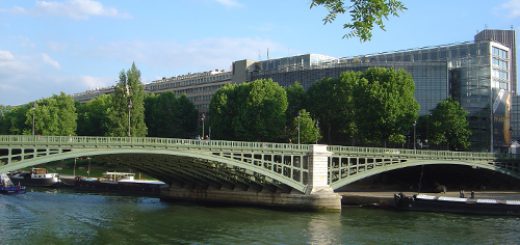Religions and Presidential Elections in the USA
Catholics have long been an important force in American electoral politics even if they make up 21% of the Ame- rican population. Could they be, compared to the other religious denominations, the game changer of the next elections? Once a vital and loyal component of the New Deal Democratic coalition, Catholics in recent decades have shifted their political loyalties away from the Demo- cratic Party to more of a partisan equilibrium. Anglo-Catho- lics were strongly Democratic in the 1940s, with that parti- sanship reaching a peak in the Kennedy election of 1960, before receding signi cantly thereafter. By 2012, they were almost evenly distributed on the political spectrum; the historical Democratic advantage had disappeared. In comparison, their Latino brethren have exhibited strong Democratic tendencies over the past three decades, and their growing numbers suggest rising political importance. At the same time, by 2012, the White Catholic vote had become predominantly Republican, even in a year in which a Democrat was re-elected to the White House, and on balance party identi cation among these voters showed a slight Republican edge. Only the growing contingent of Latino Catholics kept the national vote of the entire religious community closely balanced. Latino Protestants, a growing segment of the Latino community, are more likely to vote Republican than their Catholic compatriots, giving George W. Bush over 60% of their vote in 2004, before reverting to majorities for Obama in 2008 and 2012, perhaps in response to GOP policy on immigration.
Despite widespread agreement among scholars that the partisan behavior of Catholics has changed, there is much less consensus on the nature of that change, its perma- nence, and its causes. Of course, Catholic transformations must be put in the larger context of the changing partisanship of other religious groups. The partisan equilibrium among White Catholics has now been matched by mainline Protes- tants, as the latter have abandoned their ancient Republi- can preferences. At the same time, evangelical Protestants have shifted from Democratic to overwhelmingly Republican attachments, while Black Protestants became almost monolithically Democratic. In addition, the unaf liated or secular population has recently become more important because of its increased size and Democratic propensi- ties. Smaller ethnoreligious groups exhibit varied patterns: Latter-Day Saints (Mormons) are strongly Republican, Latino Protestants are notably less Democratic than Latino Catholics, while Jews and “other” religions (Muslims, Buddhists, and Hindus, for example) still align with the Democrats.
This symposium will review the historical patterns of Catholic partisanship and voting behavior, as well as those of the other denominations, discuss major perspectives on electoral change (Republican shift, Hispanic and Asian vote, interreligious alliances) and test these perspectives with the latest survey data. Of course, the unexpected choice of Donald Trump as the Republican Party candidate will be a key issue of the debate.
When: 22 September 2016 from 14h to 18h30 at Sciences Po Aix – Amphi Cassin – 25 rue Gaston de Saporta
23 September 2016 from 9h15 to 13h at the Faculté de droit et de science politique – Salle des Actes – 3 avenue Robert Schuman
Organized by: LID2MS (AMU-FDSP) / BABEL (Université de Toulon) / Science Po Aix / Institut des Amériques / Fédération Droits Pouvoirs et Sociétés / IECJ (AMU)/Ambassade des Etats-Unis
Speakers: J-P. Agresti, Dominique Avon, Amandine Barb, Mokhtar Ben Barka, Dominique Cadinot, Nathalie Caron, Carter Charles, B. Chelini-Pont, J.M. Chouraqui, Marie Gayte, Jeremy Gunn, Laura Hobson-Faure, H. Isar, Douglas W. Kmiec, Gilles Leydier, R. Mehdi, Vincent Michelot, Gregory Mose, Olivier Richomme, Dominique Rigal-cellard, Mark Rozell, Guy Scoffoni, Laurent Sermet, Neil J. Young.
Where: Sciences Po Aix – Amphi Cassin – 25 rue Gaston de Saporta on 22 September 2016
Faculté de droit et de science politique – Salle des Actes – 3 avenue Robert Schuman on 23 September 2016
Information: 04 42 17 25 58






